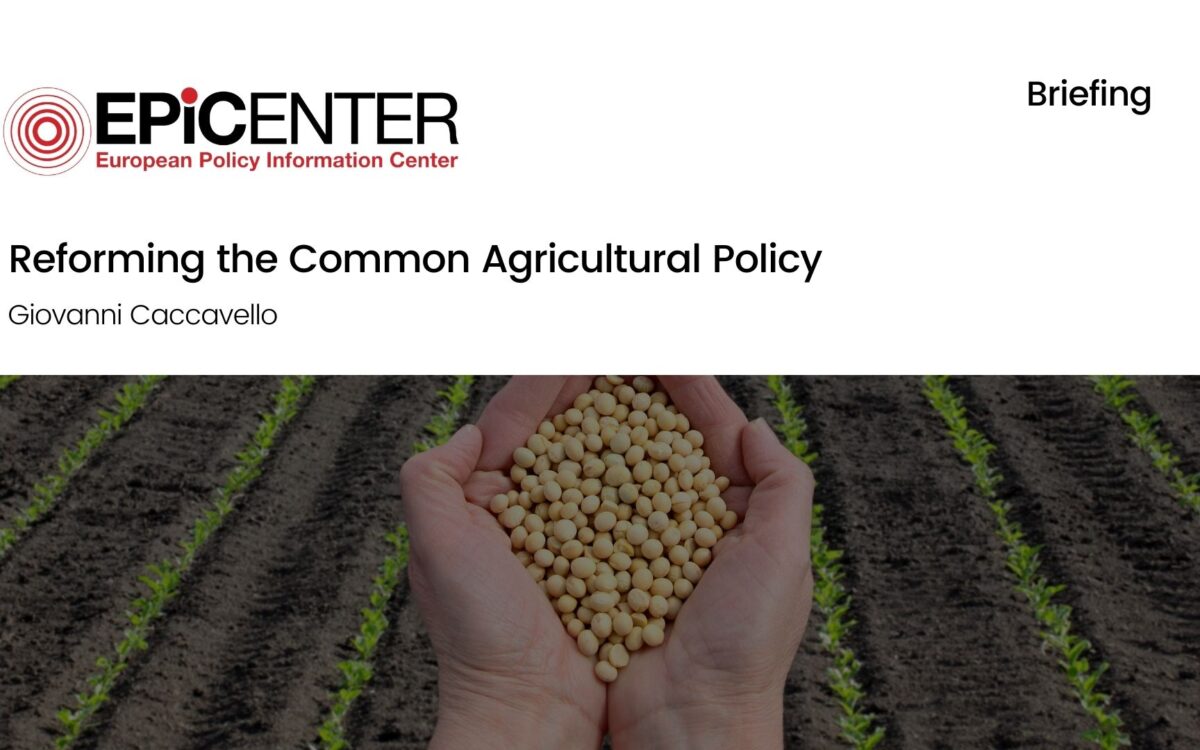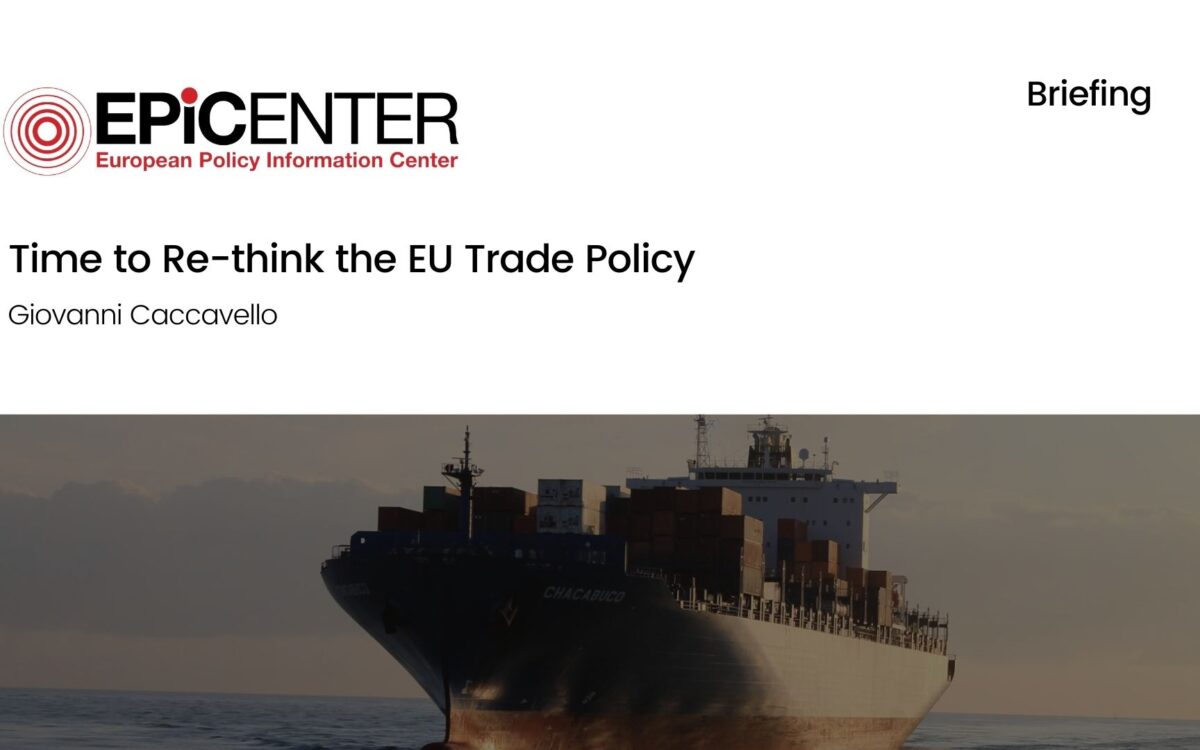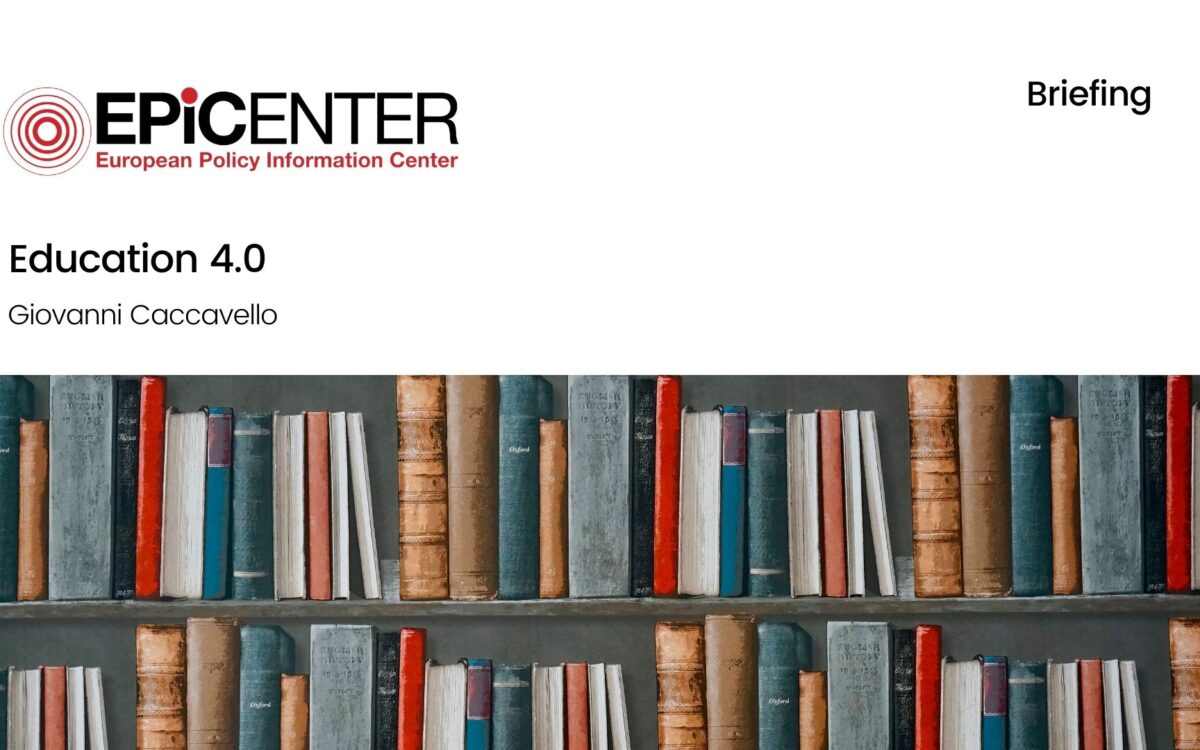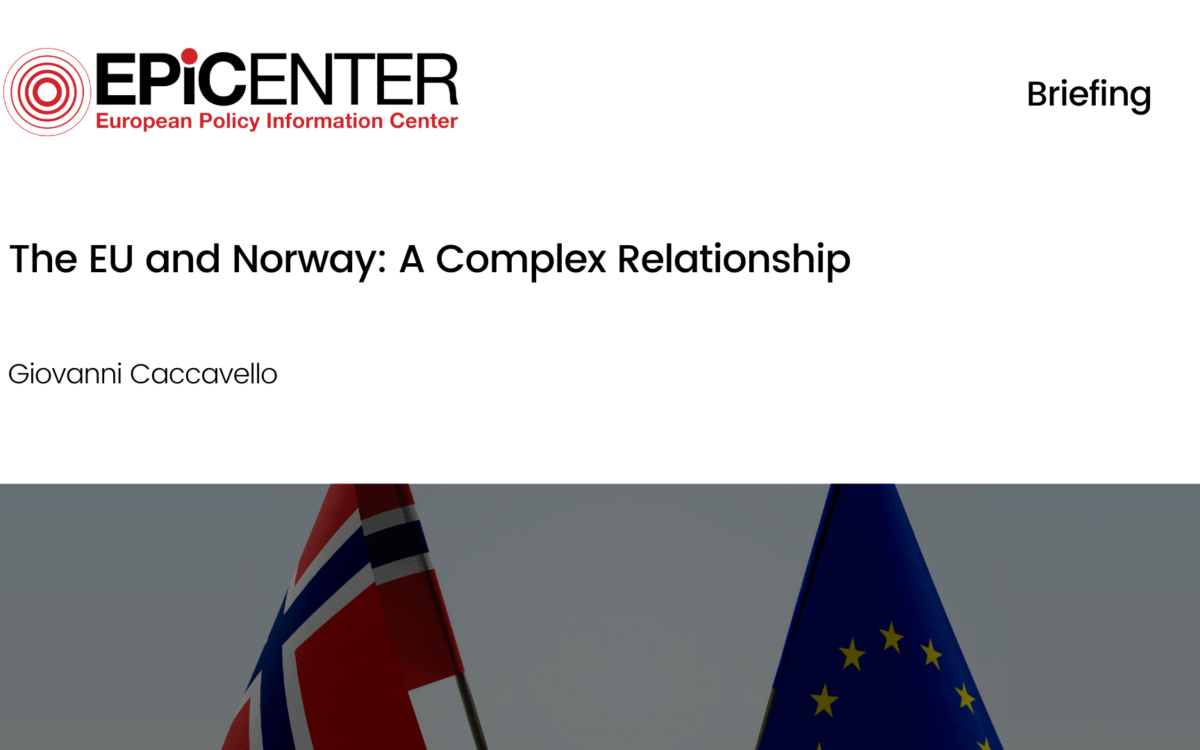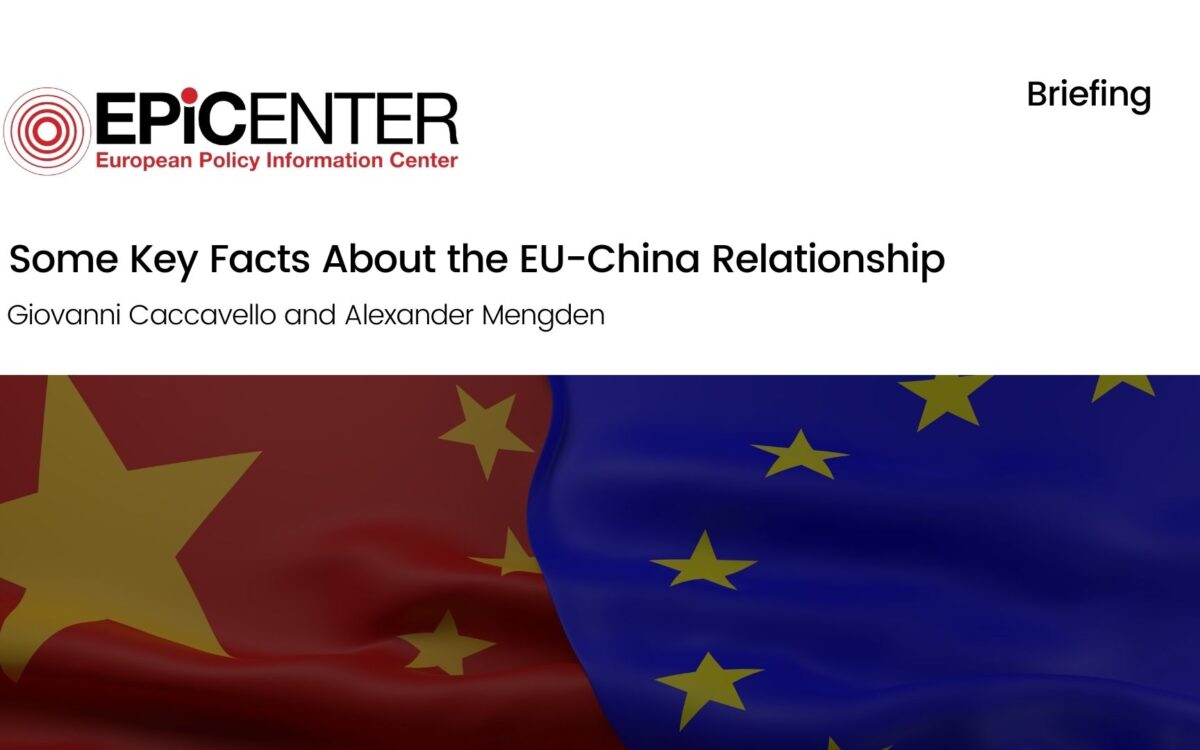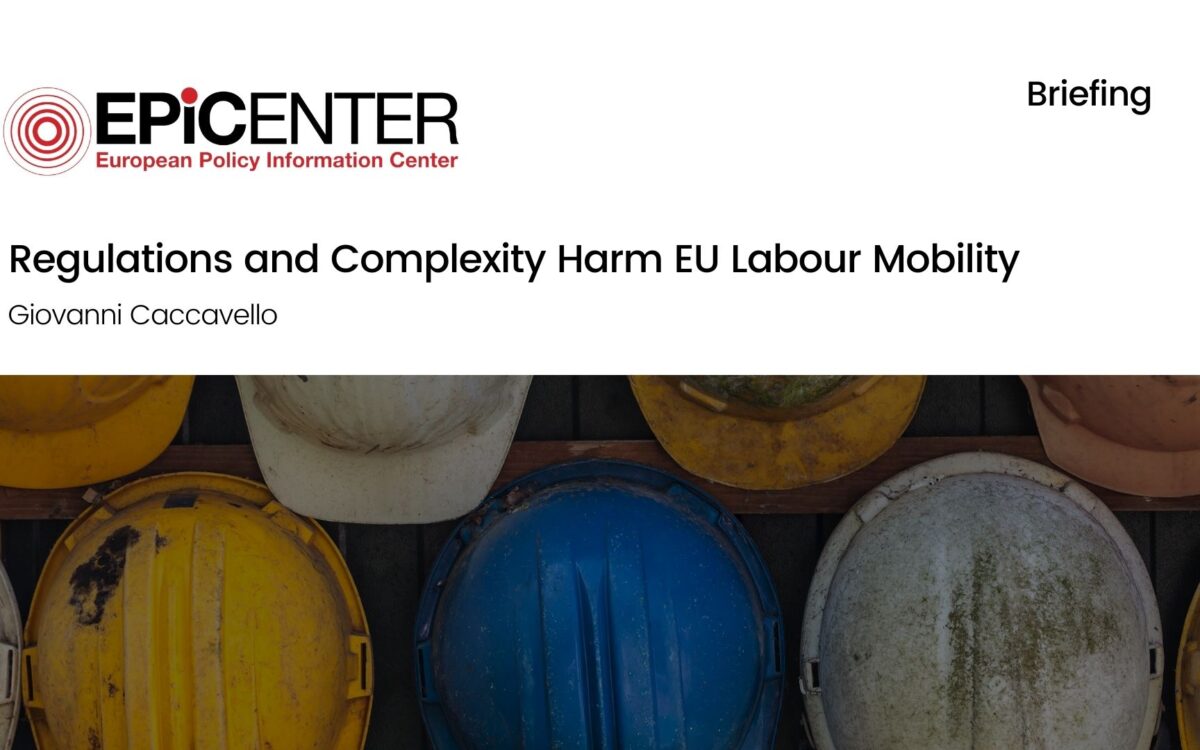May 28, 2017
The EU Common Agricultural Policy (CAP) has undergone several waves of reforms over the last few decades. Yet, many market- and trade-distorting practices still persist, and the EU’s agricultural sector remains disproportionately dependent on public support when compared to its counterpart in other developed countries, such as Australia, Canada and New Zealand.
